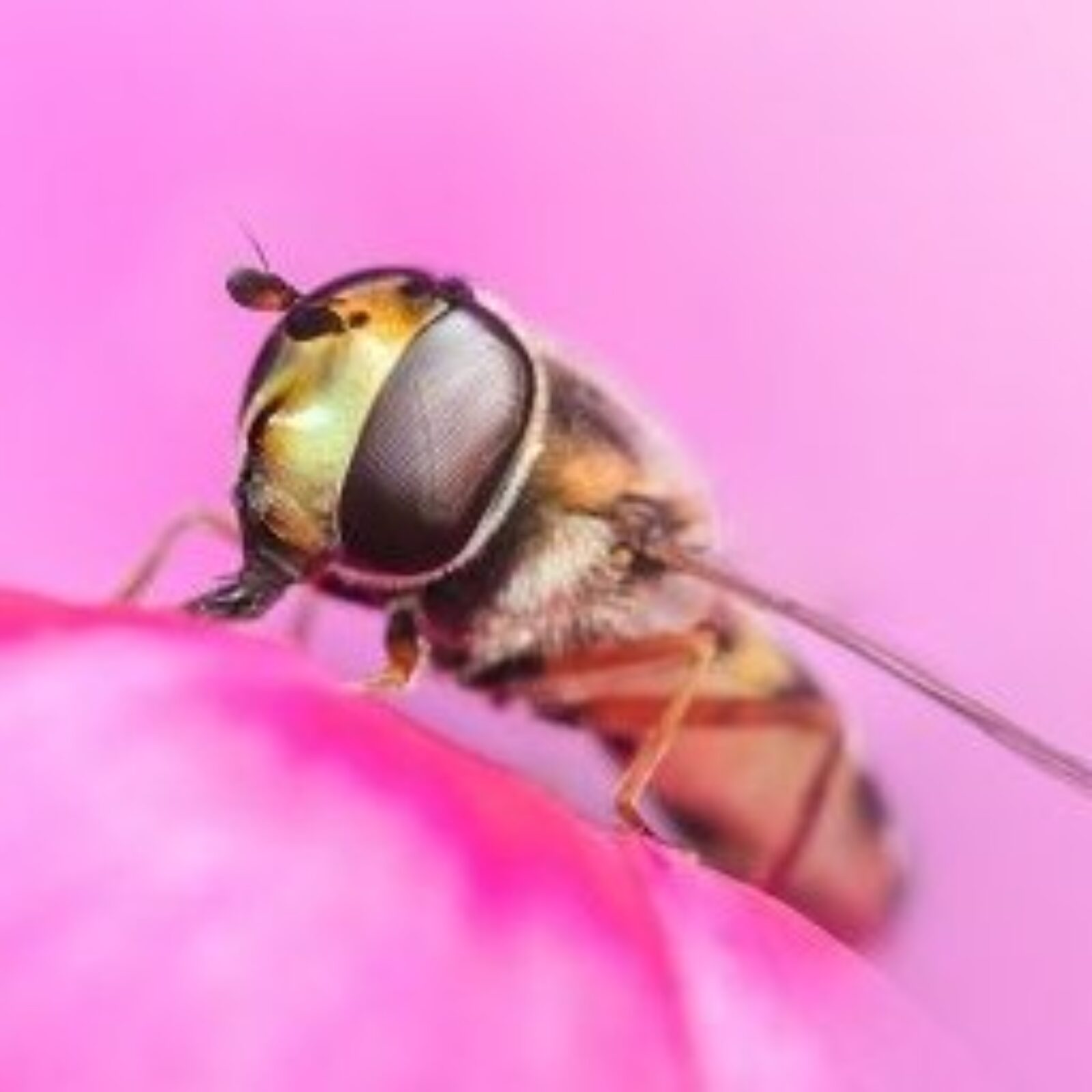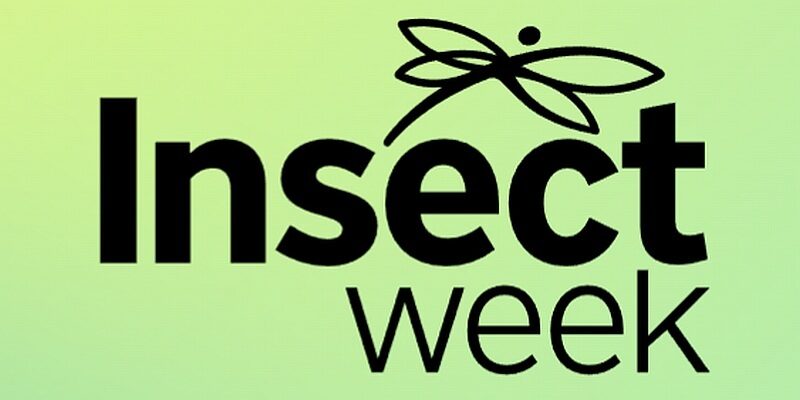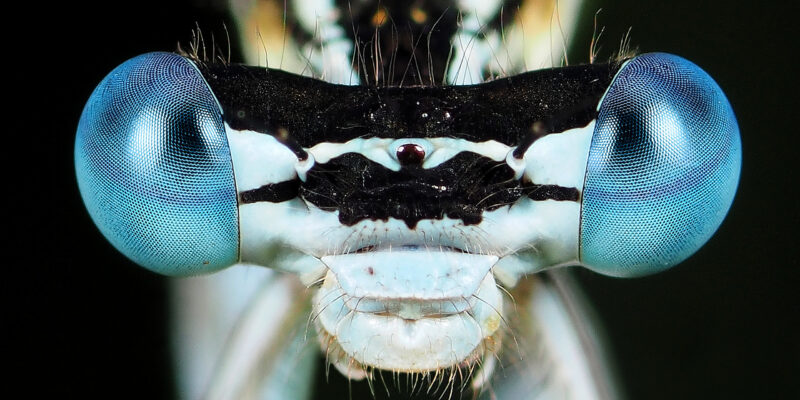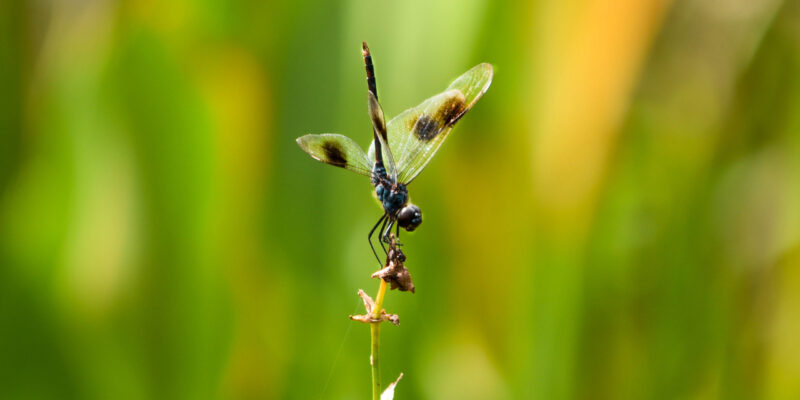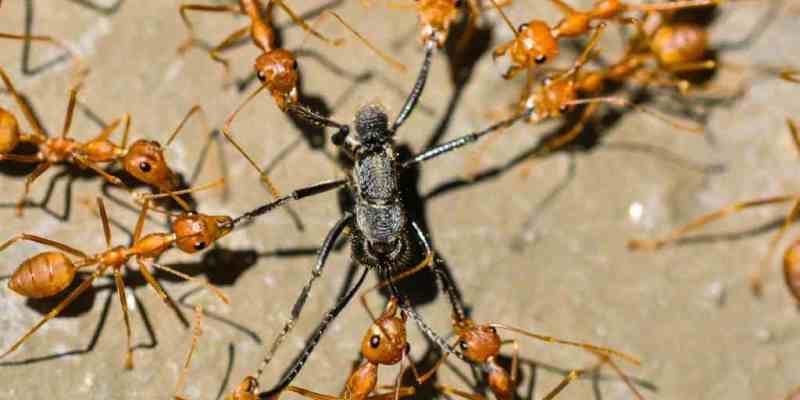PRESS RELEASE – Thursday 7 March 2024
After giving written and oral evidence, the Royal Entomological Society responds to the House of Commons – Science, Innovation and Technology Committee report on insect decline and UK food security.
On Thursday 7 March 2024 the House of Commons Science, Innovation and Technology Committee published its report on insect decline and UK food security.
The RES published its Grand Challenges in Entomology paper in 2023 which reflects the conclusions of the committee report. This highlights the need for better societal engagement and public communication around insects. The public is frequently made aware of ‘charismatic’ insects, such as bumblebees or butterflies but there are over 27,000 species of insect in the UK, and huge gaps in both knowledge and expertise about most insect populations.
The RES is committed to closing this gap through its education and public engagement programmes and takes part in a number of events each year to improve the communication and perception of insect science including the RHS Chelsea Flower Show in 2023[1], its annual Insect Week, The Big Bang Fair, and annual photography and art competitions.
In response to the report, Professor Jane Hill, President of the Royal Entomological Society (RES) said:
“We welcome the committee’s call for further research, long term monitoring of insect decline together with a nationwide approach to insect conservation. We are in agreement with the wider scientific community that there is an urgent requirement for more investment and funding to facilitate our thorough understanding of insect population trends. A far more cohesive and integrated approach across all government departments is required to reach vital targets, enable progress and halt population declines before it is too late.
“The committee’s findings confirm there is a worrying decrease in naturalist skills in the UK and we are encouraged by the report’s reference to the RES Grand Challenges paper[2] to enhance entomological skills at all educational levels from schools to further education. There is an urgent need for more entomological career paths with both academic and vocational applications. We are delighted to see the committee’s backing of the new Natural History GCSE course, which RES is helping steer and which will further foster an appreciation for insect science in secondary education and enhance the UK’s skills base. The RES brings together global experts to share cutting-edge research, offers guest lectureships, school outreach, grants, bursaries, regular publication of journals and scientific papers, and an extensive library and archive resources in support of its educational engagement programmes.”
In the UK, 70% of land is used for farming and agricultural practices. This has a significant effect on insect populations. In light of the mounting evidence of insect decline the RES supports the committee’s call for the Government to increase support for the development and regulation of pesticide alternatives. The UK has pledged to reduce pesticides use by at least half by 2030, and set targets to halt and reverse species extinctions and decline by 2042. The RES emphasises the need for more funding and a long-term cross departmental approach to understand the effects of pesticides. We also highlight the urgency of greater engagement with farmers and landowners to adopt research into alternatives in order to make these targets achievable.
Pollinators have a crucial impact on our food security, and addressing concerns about insect decline and food production is essential. The UK Government should use the findings of this report to advocate for insect science on a global scale. This will positively impact the reversal of trends in insect decline and contribute to ensuring our future food security.
Professor Lynn Dicks, one of the UK’s leading ecologists and Trustee of the Royal Entomological Society said:
“The observed decline in insects, and other invertebrates, has very serious implications for the functioning of ecosystems, including agricultural ecosystems, crucial for sustainable food production. These tiny animals are really important regulators of pests (because many are predatory), as well as pollinators, and they also cycle nutrients, decomposing dead matter and keeping soils fertile.
We only have monetary values for their role as pollinators because the dependence of specific crop yields on pollination is known and can easily be translated into pounds or dollars. Pollinators are worth hundreds of millions of pounds to the UK economy every year, and hundreds of billions of pounds globally. The combined work of insects, such as beetles and wasps as natural enemies of pests in agriculture, and the nutrient cycling of flies and other invertebrates, is almost certainly worth more. Not to mention the value of providing food to birds, fish and mammals as part of complex food webs.
Reversing these declines in insects and other invertebrates means we have to take care of them in the wider countryside – in productive farmland, as well as in protected areas.
Two key actions include:
- Increasing diversity in the landscape by allowing wildness in field margins, corners and hedgerows, in the spaces between productive fields
- Reducing the toxicity of pesticides used, by using lower quantities or less toxic alternatives[3].
A key priority for action, identified by the Royal Entomological Society last year, is to evaluate how agricultural landscapes can be managed to help reverse insect declines whilst also providing food security.”
BBC Farming Today – 11 March
RES comments also featured in the Farmers Weekly piece about the report published 7 March with mention from both Jane Hill and Lynn Dicks. You can read their piece here: MPs call for tougher action on insect decline.
RES President Jane Hill also featured on BBC Farming Today on 11 March – Listen in here: Tree planting and agroforestry; Pesticides report; Fertiliser from byproducts.

ENDS
Notes to editors
[1] The RES Garden, designed by Tom Massey and funded by Project Giving Back, is being relocated to Stratford Cross in East London as a permanent urban haven for insects and learning opportunity for RES outreach and education activities. It will be managed by Lendlease without the use of insecticides.
[2] Published in RES Insect Conservation & Diversity journal, March 2023
[3] For example, recent published evidence shows the toxicity of pesticides to which buff-tailed bumblebees are exposed across Europe has negative effects on their colony growth – even for this very robust, common species. Many other species will be doing far worse because of the cocktail of chemicals used in farmed landscapes.
For further information, images and interviews contact: hello@bloom-pr.co.uk
Telephone: Jennie Spears 07944 552634 OR Clare Johnson 07815 041635


